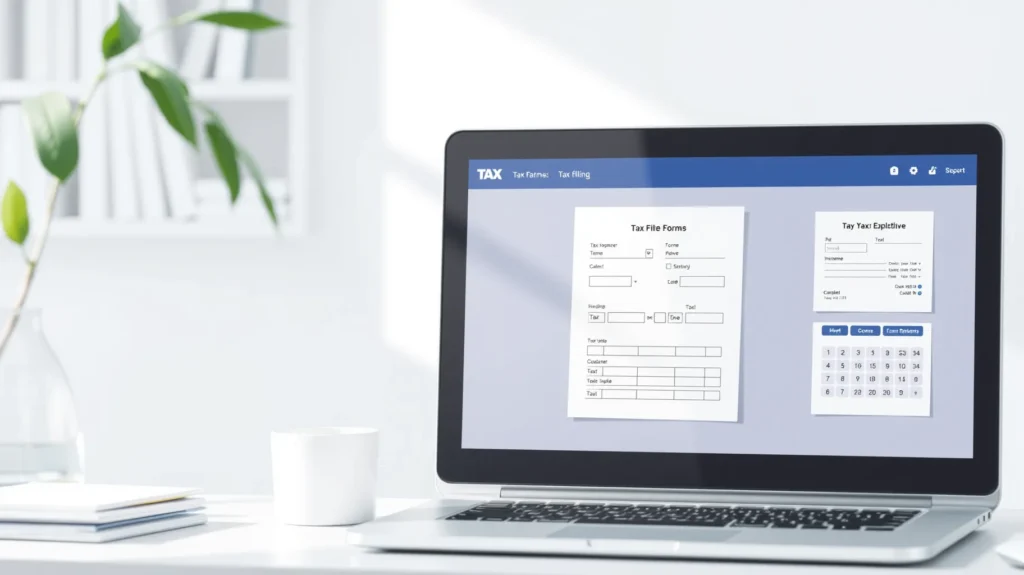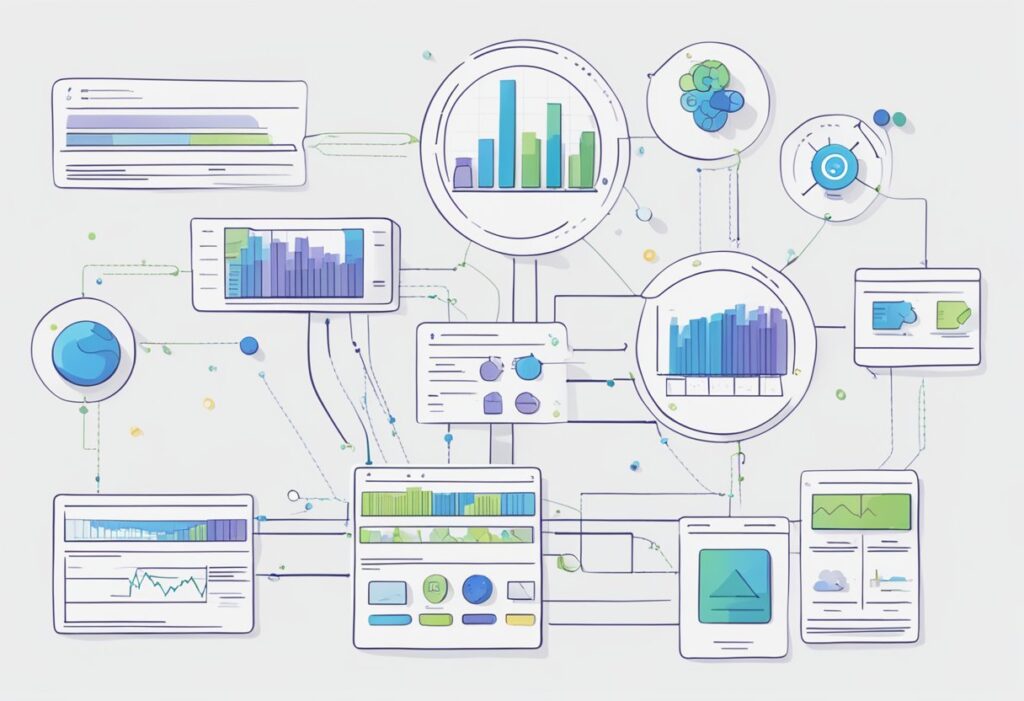
The gig economy is booming, and with it comes a tangle of tax complexities. Fortunately, AI-driven solutions are reshaping the way freelancers and gig workers manage their tax obligations.
This article dives into how artificial intelligence simplifies tax planning, compliance, and deductions for independent professionals.
Understanding the Tax Challenges for Freelancers
Why Freelancers Face Unique Tax Issues
Freelancers don’t have the luxury of employers withholding taxes or offering financial guidance. Instead, they juggle:
- Self-employment tax.
- Quarterly estimated payments.
- Reporting income from multiple sources.
The lack of clear instructions often leads to stress, missed deductions, or penalties.
Manual Methods Are a Pain
Traditionally, freelancers tracked their expenses manually or paid accountants steep fees. This process was time-consuming and error-prone. But AI-powered tax tools now bridge this gap by automating tedious tasks with incredible accuracy.
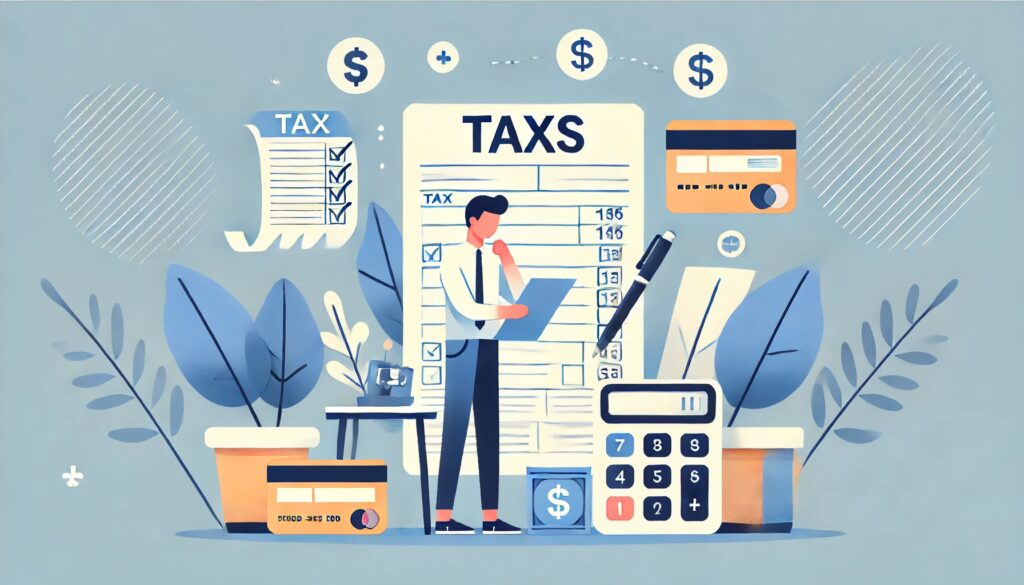
AI-Powered Tools for Seamless Tax Management
Automating Income Tracking
AI effortlessly tracks income streams across platforms like Upwork, Etsy, and PayPal. Advanced tools can even categorize earnings into tax brackets, saving users countless hours.
Some apps like QuickBooks Self-Employed use AI to sync bank transactions and auto-generate financial summaries.
Identifying Tax Deductions
Many freelancers miss out on deductible expenses like:
- Home office costs.
- Mileage for business trips.
- Internet and software subscriptions.
AI tools like Keeper Tax scan receipts, emails, and bank statements to suggest eligible deductions.
Personalized Tax Advice with AI
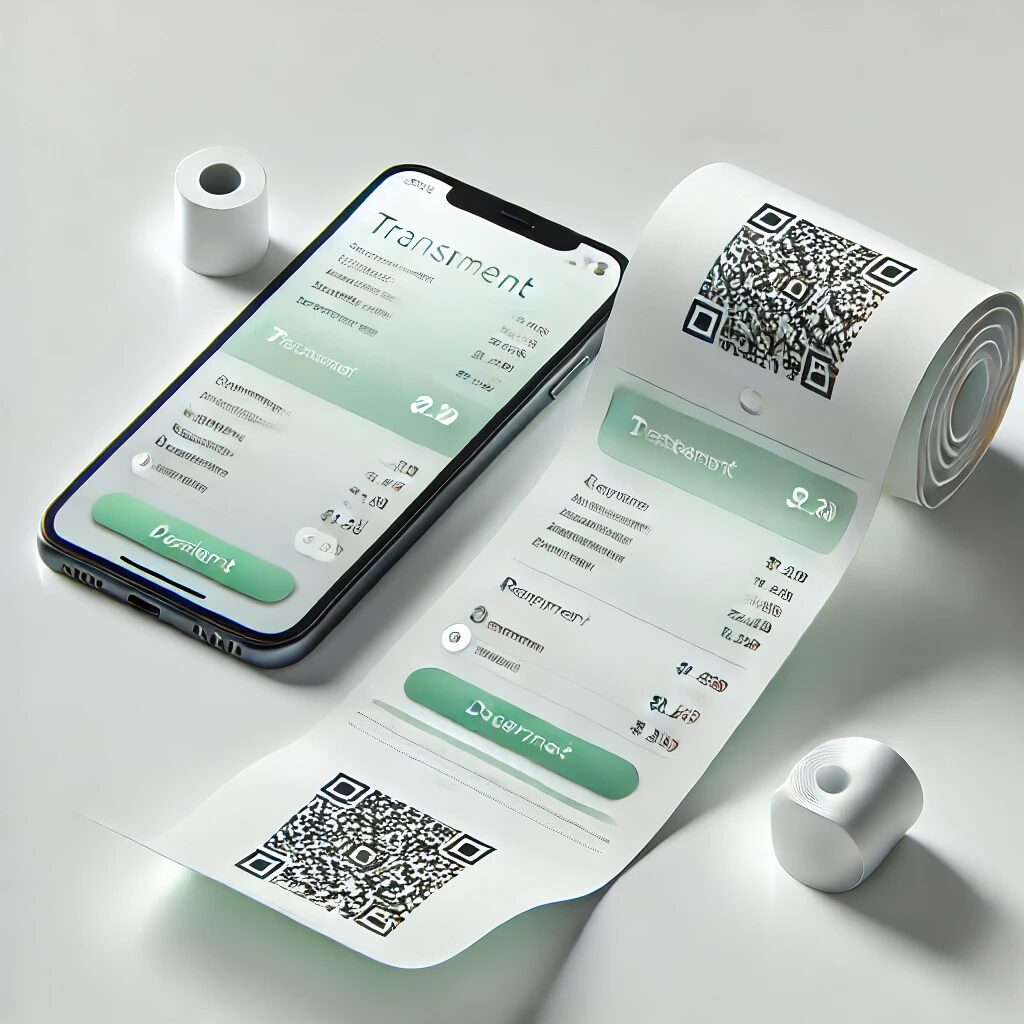
Tailored Recommendations
AI doesn’t just crunch numbers; it provides personalized tax insights based on your spending and earning patterns. This ensures freelancers maximize their savings while staying compliant.
For instance, tools like TurboTax Live combine AI and human advisors, offering customized advice tailored to individual circumstances.
Predictive Analysis for Better Planning
Some advanced AI systems forecast future tax liabilities. Freelancers can then set aside funds for taxes without second-guessing.
Enhancing Compliance and Reducing Errors
Minimizing Audit Risks
Freelancers dread audits, but AI tools significantly reduce the risk. By cross-checking transactions against tax regulations, these systems catch discrepancies early.
Software like H&R Block’s Tax Pro Go ensures accurate reporting, leaving little room for mistakes.
Filing Taxes in a Snap
Gone are the days of painstakingly filling out tax forms. AI-driven platforms can auto-fill forms like 1040 Schedule C, simplifying the process for freelancers and gig workers.
AI’s Role in Education and Awareness
Simplifying Tax Jargon
Taxes come with a lot of legal jargon, which can overwhelm anyone. AI chatbots, like those in Intuit’s platforms, break down complex terms into digestible bits.
On-Demand Support
Some platforms integrate AI chatbots to provide 24/7 assistance. Got a question about deductible expenses? AI has you covered in real-time.
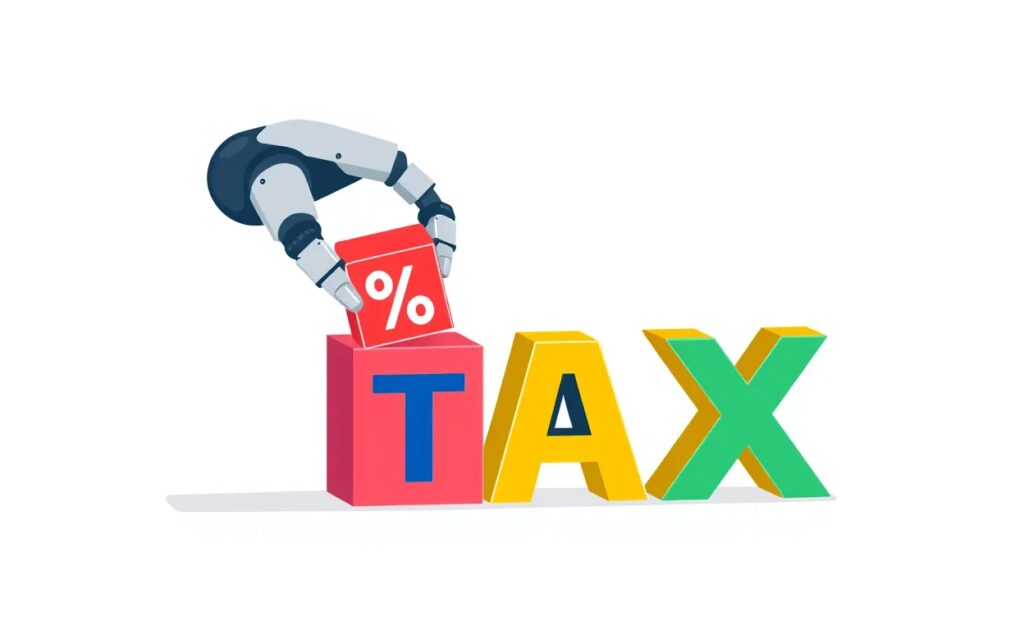
Future Trends: How AI is Shaping Freelance Taxation
Real-Time Tax Updates
Tax laws frequently change, leaving freelancers scrambling to stay compliant. AI tools now monitor these updates and adjust tax calculations automatically. This keeps users aligned with the latest rules without lifting a finger.
For example, platforms like Bench integrate AI with human experts to deliver real-time insights on tax law changes.
AI and Blockchain for Secure Tax Filing
Blockchain-backed AI platforms are emerging as the future of secure tax filing. These systems enhance transparency while safeguarding freelancers’ financial data from cyber threats.
This combination also enables faster refunds and accurate tracking of filings through tamper-proof records.
Making Freelance Taxes More Accessible
Affordable AI Solutions
AI tools are making tax management accessible even for those with smaller budgets. Unlike costly accountants, many AI-powered platforms offer subscription-based services at reasonable prices.
For instance, FreeTaxUSA and similar platforms are budget-friendly yet powerful enough to handle complex freelance taxes.
AI Democratizes Expertise
Previously, only large businesses could afford tailored tax advice. AI has leveled the playing field, offering gig workers the same level of precision and insights that big corporations enjoy.
Overcoming Limitations of AI in Taxation
The Human Touch Still Matters
While AI is incredibly efficient, it’s not perfect. It can sometimes misinterpret unusual income sources or miss nuanced deductions. This is where the human-AI collaboration model shines. Tools like Taxfyle pair users with CPAs for reviews, ensuring accuracy.
Handling Multinational Taxes
Freelancers working with global clients face unique challenges, like handling foreign exchange or complying with international tax laws. AI tools are improving but may still require professional oversight in these cases.

Why Freelancers Should Embrace AI for Taxes
Time Is Money
Using AI frees up valuable time, letting freelancers focus on their work instead of wrestling with spreadsheets.
Stress-Free Tax Seasons
No more last-minute panic. AI ensures everything is ready well before the filing deadline, giving freelancers peace of mind.
Maximizing Financial Health
With automated tracking, deduction discovery, and personalized advice, freelancers keep more of their hard-earned money.
By embracing AI, freelancers and gig workers can turn tax season from a nightmare into a streamlined, manageable process. With rapid advancements in AI-driven solutions, the future of freelance tax management is brighter than ever.
FAQs
Are there risks to using AI for taxes?
AI systems are highly accurate but can sometimes misinterpret unique scenarios, like freelance income from non-standard sources (e.g., cryptocurrency). This is why some platforms, like Taxfyle, integrate human accountants for backup.
For instance, a virtual assistant paid in Bitcoin might benefit from a human CPA reviewing their AI-generated tax report.
How affordable are AI tax tools for freelancers?
AI tools are cost-effective, often charging monthly subscriptions or flat fees. For instance, Keeper Tax offers plans starting at $16 per month, which is much cheaper than hiring a CPA.
A budget-conscious social media manager earning $40,000 annually could manage their taxes efficiently without breaking the bank.
Can AI help freelancers with global tax laws?
AI is improving in this area but isn’t perfect. Freelancers working internationally can use tools like Xolo or consult tax specialists for complex cross-border rules.
For example, a freelance developer contracting with a client in Europe might need to account for VAT, which some AI tools can assist with.
How secure is my data with AI-driven tax platforms?
Most AI tax platforms prioritize security using bank-grade encryption and secure data handling. Blockchain-backed platforms like ZenLedger are emerging, adding an extra layer of protection for sensitive tax data.
This means a freelance photographer uploading financial data can trust it’s protected from breaches.
Will AI completely replace tax professionals?
Unlikely. AI simplifies taxes and reduces human error but can’t fully replace nuanced judgment in complex cases. It’s more likely that freelancers will rely on AI-human collaboration for the best outcomes.
For instance, a freelance consultant with multiple income streams might use AI for data collection and an accountant for final review.
Can AI help with quarterly estimated taxes?
Yes, AI tools like QuickBooks Self-Employed calculate quarterly estimated payments automatically. They analyze your income trends and predict how much you owe, reducing the chances of underpayment penalties.
For instance, a freelance photographer earning sporadic income from seasonal gigs can rely on AI to set aside the correct amount for taxes.
How does AI manage receipts and expense tracking?
AI tools like Shoeboxed and Expensify allow freelancers to scan and upload receipts, categorizing them for tax purposes. Many platforms also use OCR (optical character recognition) to extract data from receipts automatically.
A freelance event planner could snap a picture of a restaurant receipt, and AI would instantly label it as a deductible business expense.
Can AI provide year-round tax planning?
Yes, many AI tools are designed for continuous financial management, not just tax season. Apps like Bench offer ongoing insights into income and expenses, helping freelancers adjust strategies throughout the year.
For example, a freelance artist might receive alerts on how much to set aside for taxes after a high-earning month.
Does AI handle multi-platform income streams?
Absolutely. AI-powered platforms integrate with multiple sources, including bank accounts, gig platforms (like Fiverr and Uber), and payment processors (like Stripe and PayPal).
For example, a freelance software developer earning through both Upwork and direct clients can combine these earnings effortlessly into a single report.
Can AI assist with late tax filings or amendments?
Yes, AI tools like TaxAct and H&R Block Online can guide you through late filings or amending past returns. They identify errors in previous filings and ensure compliance with tax regulations.
A freelance graphic designer who forgot to claim a major deduction last year could use AI to amend their return and recover the refund.
What if I get audited? Can AI tools help?
Some AI platforms offer audit protection or resources to navigate audits. Tools like TurboTax Audit Defense provide step-by-step assistance, and some plans even include access to tax professionals.
For instance, a rideshare driver facing scrutiny over mileage deductions could lean on AI-generated logs to validate their claims.
Are there AI tools specifically for niche freelancers?
Yes, specialized tools cater to specific industries. For example:
- Rideshare drivers: Stride Tax tracks mileage and fuel deductions.
- Creative freelancers: Wave Financial is ideal for invoicing and expense management.
- International freelancers: Xolo simplifies VAT and cross-border taxes.
An Etsy jewelry maker, for instance, might benefit from a creative-focused tool like Wave for managing supplies and inventory expenses.
How do AI tools handle tax law updates?
AI platforms stay up-to-date by integrating with tax regulatory databases. Tools like TaxSlayer automatically adjust calculations to reflect the latest law changes.
For example, a freelance writer in California could see AI automatically apply state-specific deductions or compliance updates for new gig worker laws.
Can AI tools integrate with my existing workflow?
Yes, most AI tax platforms offer integrations with popular tools like Google Workspace, Excel, and accounting software. Freelancers can seamlessly add these tools into their existing routines.
A freelance marketer using Excel to track client payments can sync it with QuickBooks, letting AI handle tax categorization effortlessly.
Can AI tools calculate self-employment tax?
Yes, AI platforms like TurboTax Self-Employed calculate self-employment tax, combining income from various sources to determine your total liability. These tools also guide you on deducting half of your self-employment tax as an adjustment to income.
For instance, a freelance web designer earning $70,000 annually can use AI to calculate their 15.3% self-employment tax while deducting the employer-equivalent portion.
How do AI tools help with tax deadlines?
AI platforms send reminders for key tax deadlines, such as quarterly estimated payments or the final filing date. Tools like TaxAct notify freelancers about upcoming due dates and even suggest the best filing strategies.
For example, a freelance photographer who often forgets quarterly payment deadlines can rely on AI to send timely alerts, avoiding late penalties.
Are AI tools useful for freelancers with irregular income?
Yes, AI excels at managing irregular income patterns. Apps like Cushion analyze unpredictable earnings and suggest saving strategies for taxes and emergencies.
A freelance writer who earns sporadically from clients can receive insights on how much to save during high-earning months to cover leaner periods.
Can AI recommend retirement tax strategies for freelancers?
Yes, many AI tools integrate tax planning with retirement savings. Platforms like Betterment provide personalized advice on setting up SEP IRAs, Solo 401(k)s, or Roth IRAs, ensuring tax benefits while securing future savings.
For example, a freelance consultant earning $100,000 annually can use AI to calculate how much to contribute to a Solo 401(k) to reduce taxable income significantly.
Do AI tools help freelancers who work part-time?
Absolutely! Part-time freelancers can use AI tools like FreshBooks to manage smaller-scale tax needs without paying for premium features. These platforms are ideal for side hustlers or those testing the waters in freelancing.
For instance, a part-time tutor earning $15,000 a year can use AI to track expenses like teaching supplies and minimize their tax burden.
Can AI assist freelancers who have both 1099 and W-2 income?
Yes, AI tools handle combined W-2 and 1099 income seamlessly. Platforms like H&R Block Online can calculate taxes owed on freelance work while factoring in taxes already withheld from a W-2 job.
A graphic designer working full-time and freelancing on weekends can balance both incomes with AI, ensuring accurate filings without missing deductions.
How does AI handle gig-specific expenses like mileage?
AI platforms such as Stride Tax specialize in tracking mileage for gig workers like rideshare drivers. They use GPS to log trips and calculate deductions based on IRS mileage rates.
For example, an Uber driver who doesn’t track their mileage manually can rely on Stride Tax to automatically record every business-related mile.
Are there AI tools that support multilingual freelancers?
Yes, platforms like Taxfix offer multilingual interfaces, making them ideal for freelancers working in international markets. These tools can handle translations of financial documents and clarify foreign tax rules.
For instance, a bilingual translator earning income from the U.S. and Spain can navigate both tax systems using AI without worrying about language barriers.
Can AI help me optimize tax refunds?
Yes, AI tools specialize in identifying overlooked deductions and credits to maximize refunds. Tools like TaxAct Refund Booster analyze your inputs and recommend adjustments to secure the largest possible refund.
For example, a freelance artist who forgot to claim education credits for a design course might see their refund increase after AI scans their expenses.
How do AI tools handle tax payments to multiple states?
Freelancers working with clients across states face complicated tax scenarios, but AI tools like Avalara simplify multi-state filings. They calculate state-specific taxes and ensure compliance with local regulations.
For instance, a freelance photographer traveling between California and New York for gigs can use Avalara to allocate income and manage state tax payments accurately.
Can AI optimize taxes for freelancers with fluctuating business models?
AI is ideal for freelancers shifting between different services or pricing models. Tools like Wave Financial monitor these changes and adjust tax projections accordingly, ensuring accurate estimates throughout the year.
For example, a freelance yoga instructor offering both online and in-person classes could use AI to track different income streams and manage related deductions.
Does AI support freelancers with partnerships or collaborations?
Yes, freelancers who collaborate on projects or form partnerships can use AI tools to manage shared expenses and income splits. Platforms like Gusto streamline bookkeeping and handle tax implications for partnerships.
For instance, a freelance filmmaker co-producing a short film with another freelancer can use AI to divide earnings and expenses for tax purposes.
Can AI simplify international invoicing and taxation?
Yes, AI tools like Payoneer or Deel are tailored for freelancers working with international clients. They handle invoicing in multiple currencies and ensure compliance with foreign tax laws.
For example, a freelance graphic designer invoicing clients in Europe can rely on AI to calculate VAT and manage exchange rates seamlessly.
How do AI tools manage recurring business expenses?
AI tools excel at categorizing recurring expenses like software subscriptions, cloud storage, or memberships. Platforms like HoneyBook identify these costs and ensure they are included in your deductions.
For instance, a freelance videographer using Adobe Creative Cloud can let AI automatically record this as a recurring expense for tax purposes.
Are AI tools helpful for freelancers transitioning to LLCs or S-Corps?
Yes, AI platforms like Gust Launch guide freelancers through transitioning to business structures like LLCs or S-Corps. They provide insights on tax advantages, required filings, and compliance.
For example, a freelance writer converting to an S-Corp for reduced self-employment tax can use AI to navigate payroll setup and compliance efficiently.
Can AI help with freelancing during tax audits?
Yes, AI tools like Audit Defense by TurboTax store and organize financial records, making them easily accessible during an audit. They also provide detailed reports to explain deductions and income sources.
For example, a freelance programmer undergoing an audit can retrieve detailed logs of software purchases and client payments through AI for validation.
Resources
Comprehensive Tax Management
- TurboTax Self-Employed
A go-to platform for freelancers, it provides AI-driven deduction discovery, filing support, and optional CPA reviews.
Website: turbotax.intuit.com - H&R Block’s Tax Pro Go
Combines AI with human expertise to file complex taxes and reduce audit risks.
Website: hrblock.com
Income and Expense Tracking
- QuickBooks Self-Employed
Tracks income, categorizes expenses, and calculates quarterly tax payments. Integrates seamlessly with payment platforms like PayPal.
Website: quickbooks.intuit.com - Keeper Tax
Scans bank transactions and receipts for deductions, offering real-time insights into expenses you can write off.
Website: keepertax.com
Mileage Tracking for Gig Workers
- Stride Tax
Ideal for rideshare and delivery drivers, it tracks mileage and other work-related expenses automatically.
Website: stridehealth.com - MileIQ
Automatically logs drives and calculates mileage deductions based on IRS guidelines.
Website: mileiq.com
Financial Management
- Wave Financial
Perfect for small-scale freelancers, Wave handles invoicing, expense tracking, and basic tax preparation for free.
Website: waveapps.com - Expensify
Scans and organizes receipts, tracks expenses, and creates audit-ready reports.
Website: expensify.com
Specialized AI Tools
- TaxAct
Budget-friendly software with AI capabilities for tax optimization and step-by-step guidance.
Website: taxact.com - ZenLedger
Tailored for freelancers working with cryptocurrency, it calculates crypto taxes and prepares IRS-compatible reports.
Website: zenledger.io
International Freelance Tax Solutions
- Payoneer
Simplifies international payments and manages tax compliance for cross-border freelancers.
Website: payoneer.com - Deel
A platform for international freelancers, it handles payments, contracts, and local tax compliance.
Website: letsdeel.com
Education and Assistance
- IRS Small Business and Self-Employed Tax Center
Offers official guidance and tools for U.S.-based freelancers.
Website: irs.gov - Bench Blog
Provides articles on tax tips, AI tools, and financial planning for freelancers.
Website: bench.co/blog
